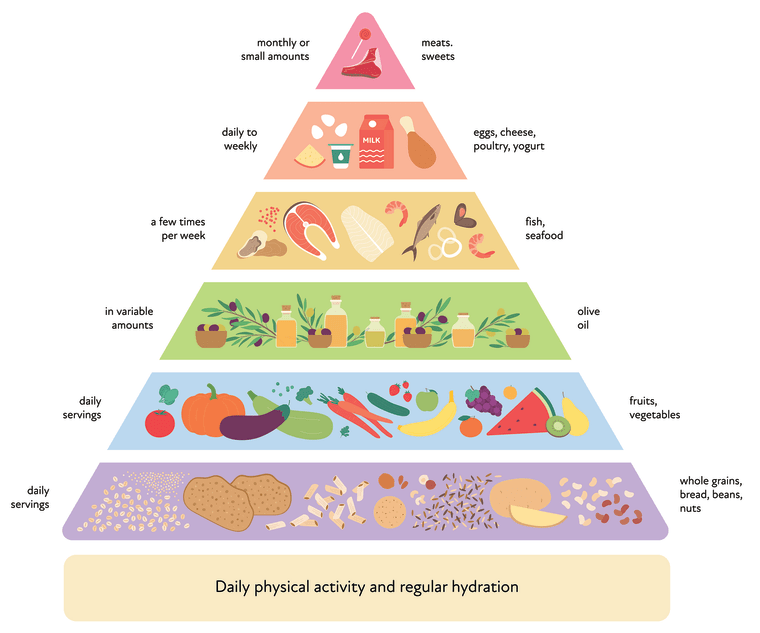Rise by Six: Your Daily Dose of Inspiration
Explore insights and stories that elevate your day.
Dieting Dilemmas: To Cheat or Not to Cheat?
Discover the truth behind dieting dilemmas: Is cheating on your diet worth it? Find out what could keep you on track for success!
The Psychology Behind Cheating on Your Diet: Is It Worth It?
The temptation to stray from a diet can be attributed to various psychological factors. Stress and emotional triggers often lead individuals to seek comfort in food, making it easy to justify a cheat meal. Furthermore, the concept of forbidden foods can create a sense of deprivation, increasing the allure of indulgence. Many people struggle with the all-or-nothing mentality, where a single cheat can spiral into a full-blown binge. Understanding these underlying motivations is crucial to combating them and maintaining dietary discipline.
So, is cheating on your diet worth it? Research suggests that moderation may actually support long-term adherence to a healthy lifestyle. Occasional indulgences can alleviate feelings of deprivation, boost morale, and even enhance your overall satisfaction with your diet. However, it's vital to recognize the balance between enjoyment and commitment, ensuring that cheat days do not derail your progress. When approached mindfully, cheating can serve as a healthy psychological break from strict diets, provided it is controlled and intentional.

Cheat Days: Friend or Foe to Your Weight Loss Goals?
When it comes to weight loss, the concept of cheat days is often debated among fitness enthusiasts and nutritionists alike. On one hand, a cheat day can serve as a psychological break from strict dieting, allowing individuals to indulge in their favorite treats without the guilt that can accompany a rigid eating plan. This periodic indulgence may help to satiate cravings and can make the overall dieting experience more sustainable. However, the key lies in moderation; excessive cheating can lead to a caloric surplus that undermines weight loss efforts.
On the other hand, cheat days can potentially disrupt metabolic processes. Some studies suggest that frequent indulgence can reduce progress and may encourage unhealthy eating patterns, especially if cheat days turn into cheat weekends or weeks. To maintain a healthy balance, it's advisable to plan cheat days wisely, allowing for small indulgences rather than full-day binges. Ultimately, each individual must assess their relationship with food and decide if incorporating cheat days aligns with their weight loss goals without derailing their progress.
Navigating Dieting Dilemmas: How to Handle Cravings and Setbacks
Dieting can often feel like a tightrope walk, where cravings and setbacks threaten to throw you off balance. When you encounter a strong craving, it’s essential to acknowledge it without guilt. Instead of denying yourself outright, consider employing strategies such as mindful eating or using the 'HALT' method—evaluating whether you are Hungry, Angry, Lonely, or Tired. This approach allows you to better understand the root cause of your cravings and respond thoughtfully rather than impulsively.
When faced with setbacks, remember that they are a normal part of any journey towards health and well-being. Instead of viewing them as failures, treat them as learning opportunities. Create a setback recovery plan that includes positive self-talk, identifying triggers, and redefining your goals. For instance, if you indulge in a favorite treat, simply acknowledge it, learn from the experience, and refocus on your journey. With this mindset, you can navigate the dilemmas of dieting with resilience and determination.